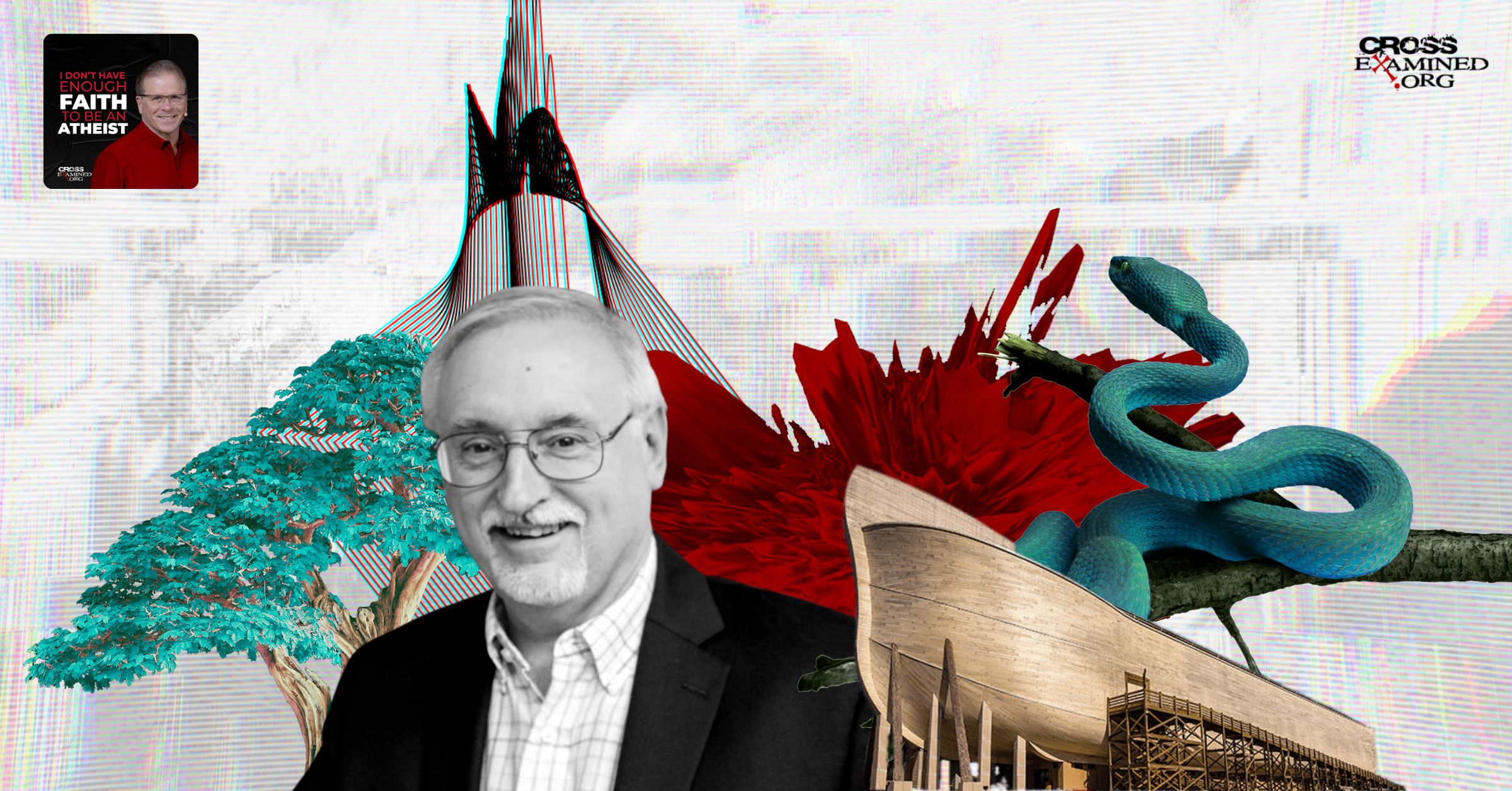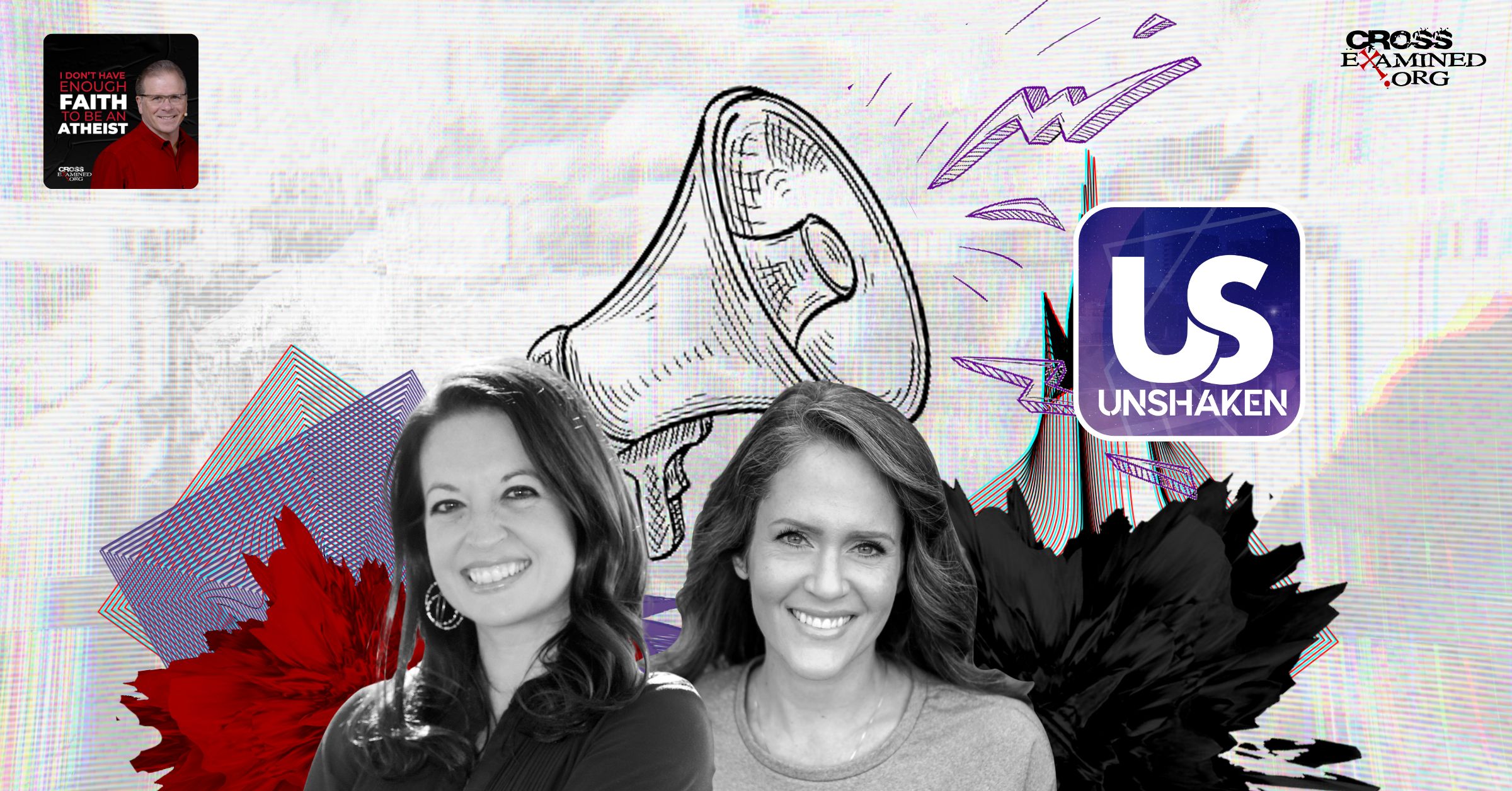Modern understanding of quantum mechanics suggests that an eternal Cosmic Observer may in fact exist. If true, this holds numerous positive ramifications for arguments concerning the existence of God. Before we investigate the data, we must first ask what is meant by an eternal Cosmic Observer. A conscious observer is a living being that observes another entity. For instance, I am currently staring at the words being typed onto my computer screen. I am a living, conscious being that is observing the documentation of this piece. Spectators watching a sporting event are conscious observers of the events taking place in the stadium.
Physicists have observed that conscious beings can have an impact on physical objects and events simply by observing them. This impact precedes the dawning of conscious human beings, and really the existence of anything. Thus, this new body of research argues that all of reality is based upon the prior existence of an eternal cosmic observer. That Cosmic Observer must be God. While this article pushes a conclusion in a direction that is not necessarily implied by the biocentric physicists, it certainly appears that this would be the logical direction that the research leads.
So, what exactly does the data from the quantum world reveal about the Cosmic Observer? This article will note a few areas of considerable interest—biocentrism, consciousness, and time.
Biocentrism and the Case for an Eternal Cosmic Observer
Robert Lanza, MD, and Matej Pavsic, PhD spoke of biocentrism in their book The Grand Biocentric Design. Biocentrism holds that nothing can exist unless a conscious observer observes it. Lanza and Pavsic lay out seven key principles for biocentrism:
- “What we perceive as reality is a process that involves our consciousness … Space and time are not independent realities but rather tools of the … mind.”[i]
- “Our external and internal perceptions are inextricably intertwined.”[ii]
- “The behavior of subatomic particles—indeed, all particles and objects—is inextricably linked to the presence of an observer.”[iii]
- “Without consciousness, ‘matter’ dwells in an undetermined state of probability. Any universe that could have preceded consciousness only existed in a probability state.”[iv]
- “The structure of the universe is explainable only through biocentrism because the universe is fine-tuned for life—which makes perfect sense as life creates the universe, not the other way around.”[v]
- “Time does not have a real existence outside of animal sense perception. It is the process by which we perceive changes in the universe.”[vi]
- “Space, like time, is not an object or a thing … Thus, there is no self-existing matrix in which physical events occur independent of life.”[vii]
While Lanza and Pavsic make connections to conscious human observers, the reality is that the universe existed prior to our conscious observations. If reality depends on life, then it stands to reason that a Conscious Observer must have lived before the creation of the universe. If the findings of biocentrism hold, then we could then say that reality depends on the existence of an eternal living Being. That Being we know as God.[viii]
Consciousness and the Case for an Eternal Cosmic Observer
According to experimentation, photons and electrons could appear, disappear, and rematerialize. The question was, what caused the wave function to “collapse and give birth to the object as an actual enduring entity.”[ix] According to the double-slit experiment, it was observations by conscious entities that made the difference. This finding is not something that is only made by Lanza and Pavsic. Max Planck, John Bell, and Niels Bohr also confirm the change evoked by consciousness.
But what exactly is consciousness? That is the million-dollar question. However, the best understanding of consciousness is that it is an awareness accompanied by volition, emotion, thought, and mind. Some claim that consciousness emerges from the brain.[x] Yet how could it be that the human consciousness is dependent on the brain when reality is dependent on the conscious mind? Rather than consciousness stemming from the physical world, it must be independent of the body while certainly connected to it.
If reality is dependent on consciousness and consciousness is dependent on physical reality, one eventually reaches an impasse. Because if one goes back far enough into the past, then one reaches Ground Zero, a time before physical entities existed. If reality is dependent on consciousness and there is a time when consciousness did not exist, then reality could not have come about. Thus, if reality is dependent on consciousness, then an eternal consciousness must exist independently of the space-time continuum that is our creation. As such, there must be an eternal Cosmic Observer. That Being we know as God.
Time and the Case for an Eternal Cosmic Observer
Lanza and Pavsic later contend that time also depends on a cosmic observer. They aver that “space and time are relative to the individual observer—we carry them around as turtles do their shells.”[xi] This led Lanza to believe that death is merely an illusion for conscious, living beings. While Lanza does not necessarily take a Christian perspective on the passage of death, he does note the everlasting aspect of living consciousness. With the volumes of objective evidence for near-death experiences (NDEs), we have a strong case to believe that death does not bring an end to the conscious, everlasting soul.
Conclusion: What Can We Deduce about the Eternal Cosmic Observer
Biocentrism is a fascinating field of study in quantum mechanics. Though it is relatively new, its findings have tremendous value in how we view the universe. According to the data presented in biocentrism—and if its deductions hold true—all material reality is dependent on consciousness. This is a revolutionary concept! Like NDEs, biocentrism completely shakes the concept of materialism—the idea that all reality is materialistic with no spiritual entities—to the core. Not only does biocentrism show that materialism is dependent on consciousness, but it also logically implies that a form of consciousness existed prior to the creation of the universe.
Furthermore, consciousness created reality. Or, one might say that reality is contingent upon the continued observance of the ultimate Cosmic Observer. These implications align perfectly with what one finds in the pages of Genesis and throughout the biblical text. For it was God who brought creation into existence (Gen. 1:1) and sustains it by his power. For God is “before all things, and in him all things hold together” (Col. 1:17).
Footnotes:
[i] Robert Lanza and Matel Pavsic, The Grand Biocentric Design: How Life Creates Reality (Dallas, TX: BenBella, 2020), 19.
[ii] Ibid., 20.
[iii] Ibid.
[iv] Ibid.
[v] Ibid., 21.
[vi] Ibid.
[vii] Ibid.
[viii] For a scholarly scientific article describing the impact of an observer on reality, see Dmitriy Podolskiy, Andrei O. Barvinsky, and Robert Lanza, “Parisi-Sourlas-like dimensional reduction of quantum gravity in the presence of observers,” Journal of Cosmology and Astroparticle Physics (2021).
[ix] Lanza and Pavsic, The Grand Biocentric Design, 76.
[x] Such is the case implied by Boris Kotchoubey, “Human Consciousness: What It Is and Where It Is From,” Psychology 23, 9 (April 2018), https://www.frontiersin.org/articles/10.3389/fpsyg.2018.00567/full
[xi] Lanza and Pavsic, The Grand Biometric Design, 150.
Recommended resources related to the topic:
How Old is the Universe? (DVD), (Mp3), and (Mp4 Download) by Dr. Frank Turek
God’s Crime Scene: Cold-Case…Evidence for a Divinely Created Universe (Paperback), (Mp4 Download), and (DVD Set) by J. Warner Wallace
____________________________________________________________________________________________________________________________________________________
Brian G. Chilton is the founder of BellatorChristi.com and is the host of The Bellator Christi Podcast. He received his Master of Divinity in Theology from Liberty University (with high distinction); his Bachelor of Science in Religious Studies and Philosophy from Gardner-Webb University (with honors); and received certification in Christian Apologetics from Biola University. Brian is currently enrolled in the Ph.D. program in Theology and Apologetics at Liberty University. Brian has been in the ministry for over 15 years and serves as a pastor in northwestern North Carolina.










